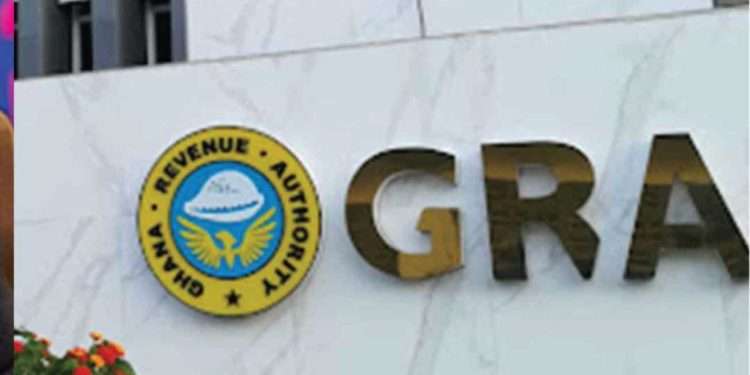3 new taxes assented by Prez Akufo-Addo set to take effect May 1 – GRA says
The new taxes, which include the Excise Amendment Act, 2023, Income Tax Amendment Act, 2023, and the Growth and Sustainability Levy Act, 2023, have been in the news for a while now. According to the GRA, businesses have been given enough time to configure their systems for the taxes to be implemented since the law was passed.
- Advertisement -
The Ghana Revenue Authority (GRA) has announced that May 1, 2023, will be the implementation date for the new and revised taxes that were announced in the 2023 budget. The announcement was made through a notice issued by the authority.
The new taxes, which include the Excise Amendment Act, 2023, Income Tax Amendment Act, 2023, and the Growth and Sustainability Levy Act, 2023, have been in the news for a while now. According to the GRA, businesses have been given enough time to configure their systems for the taxes to be implemented since the law was passed.
- Advertisement -
One of the key tax measures that have been revised is the Excise Duty Amendment Tax. The GRA noted that the tax has been expanded to cover some items and commodities that were previously not captured. The development may result in the prices of some processed fruit juice, cigar, mineral water, spirits, and wines, including sparkling wine, going up.
- Advertisement -
However, the Ghana Union of Traders Association (GUTA) maintains that it will not hesitate to pass on the cost to consumers as it might be difficult for its members to absorb these taxes. This is a concern that has been raised by many business owners, who fear that the implementation of these new taxes might have an adverse effect on their operations.
The Income Tax Amendment Tax is another key tax measure that has been revised. According to the GRA, the minimum tax rate for firms that will be declaring losses for five years will be 5%. Additionally, income earned beyond ¢500 will attract some taxes. Those earning an extra ¢100 will attract a tax rate of 5%, while ¢100 only will attract a rate of 10%.
Based on the schedule sighted by Joy Business, the more one earns, the more one would be paying taxes to the state. For persons in the game of betting, they will pay 10% of their earnings to the state, which will be deducted when monies are being paid to them by the respective companies. Firms that are into lottery and gaming will also pay 20% on their gross revenue.
- Advertisement -
Individuals who receive gains from realization of investment assets or liabilities as well as other than gifts received in respect of business or employment may have to pay 25% of the value to the state based on revised taxes.
The Growth and Sustainability Levy is another tax measure that has been revised. Banks, non-bank financial institutions, telecom companies, and firms working in the oil sector will pay 5% of their profit before tax to the state. Mining firms, oil and gas companies are however expected to pay 1.0% of their gross production, while all other firms will pay 2.5% of their profit before tax to the GRA.
These new taxes are part of the government’s efforts to increase its revenue and reduce its dependence on external funding sources. The government has stated that the revenue generated from these new taxes will be used to fund important development projects in the country. However, there are concerns that the implementation of these taxes might lead to an increase in the cost of living for Ghanaians, especially those in the lower-income bracket.
The GRA has assured the public that it will continue to engage stakeholders to ensure that the implementation of these taxes is done in a way that is fair and does not cause undue hardship to businesses and individuals. The authority has also stated that it is open to feedback and suggestions from the public on how to improve the implementation of these new taxes.
Source: norvanreports.com
- Advertisement -


